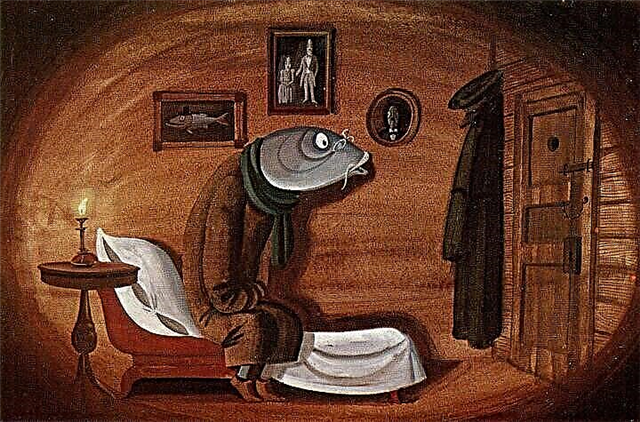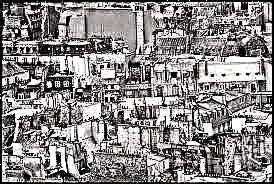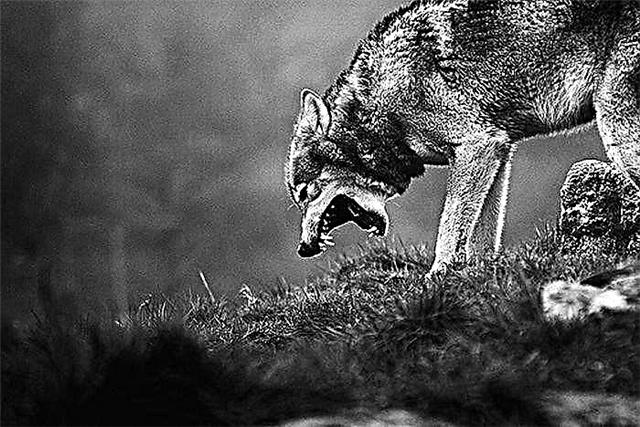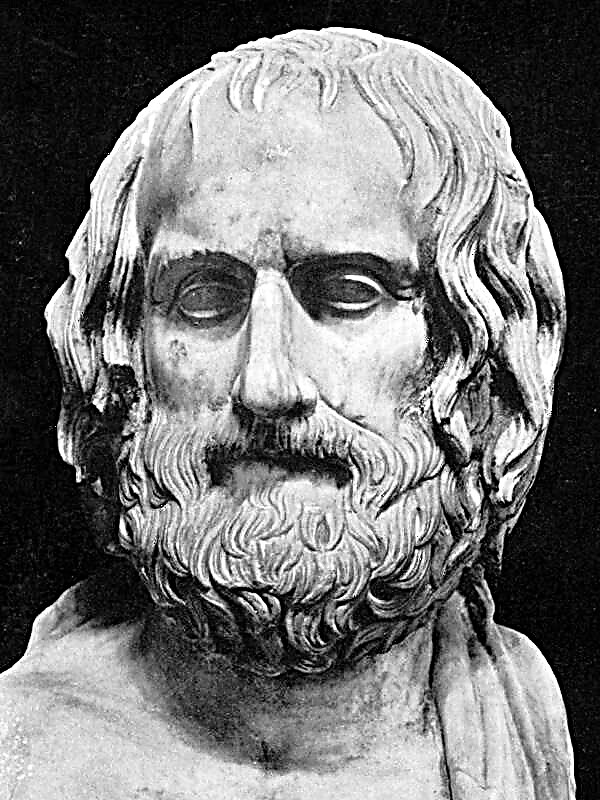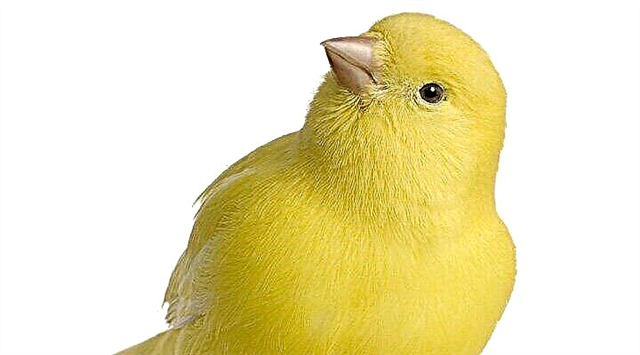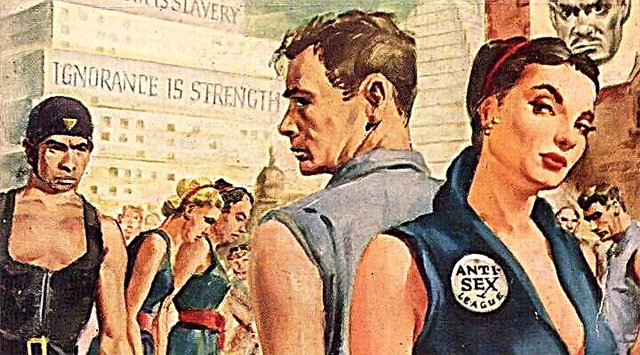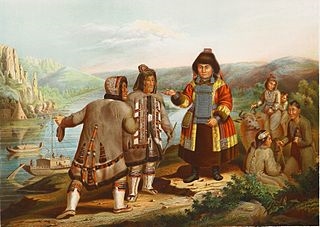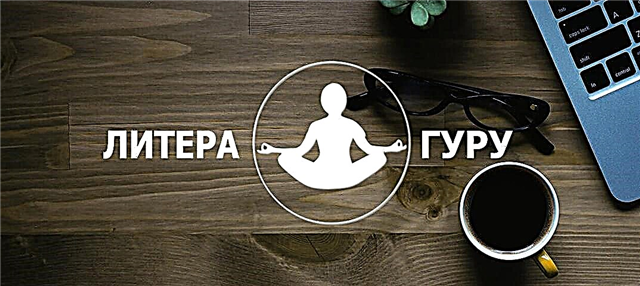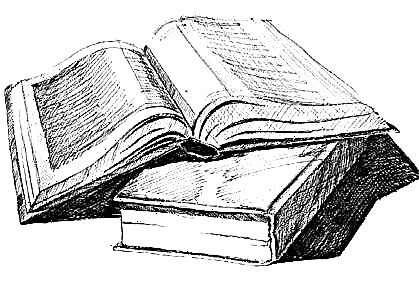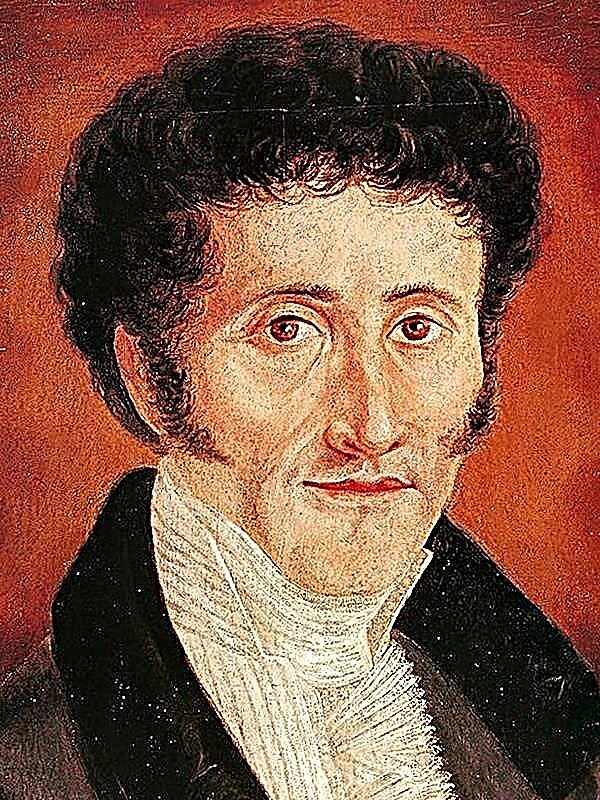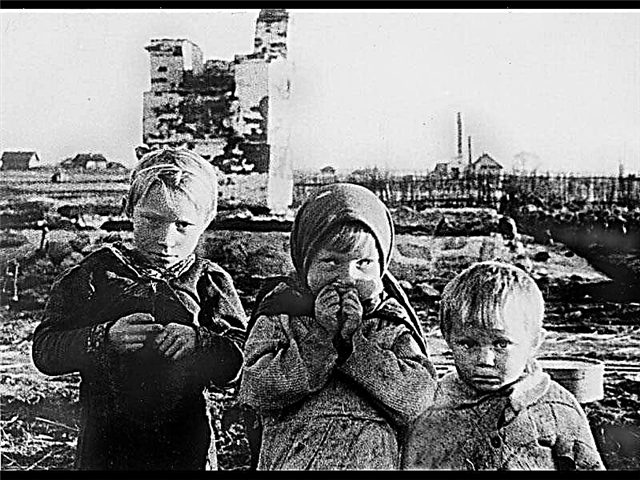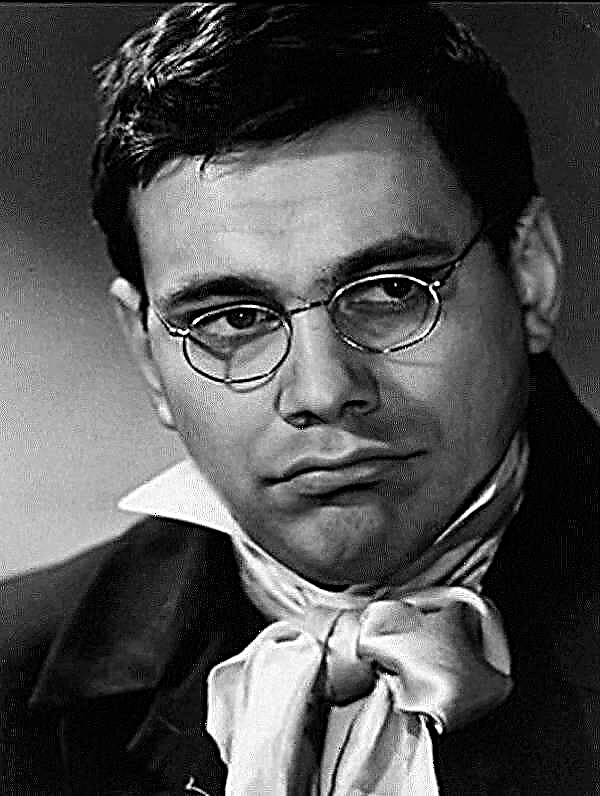: A petty official saves half his life on a small estate, is starving. Finally, his dream comes true, and the official turns into a fat, self-righteous gentleman, who speaks self-confidently about the needs of the people.
The veterinarian Ivan Ivanitch, who met on a hunt, and the teacher of the gymnasium Burkin walked across the field.
Ivan Ivanovich Chimsha-Himalayan - a veterinarian, a nobleman, a tall, thin old man with a long mustache, tells the story of his brother Nikolai
Burkin - teacher of the gymnasium and comrade Ivan Ivanovich
Burkin suggested Ivan Ivanovich tell the instructive story promised the night before, but then heavy and prolonged rain began. It was not time for stories, and the teacher invited Ivan Ivanovich to take refuge with their mutual friend Alekhine, whose estate was nearby.
Pavel Konstantinovich Alyokhin - a landowner, acquaintance of Ivan Ivanitch and Burkin, a tall and full man with long hair, similar to a scientist or artist
Friends found Alekhine near the fan. He was unwashed, unshaven for a long time and dressed in underpants and a dirty shirt, belted with a rope. When he went to the bathhouse with his guests, “the water around him turned dark blue like ink.”
Alekhine welcomed the guests, settled in the front rooms.A young and very beautiful maid served them. Before the story of Ivan Ivanovich, the turn came only after dinner.
The veterinarian spoke about his younger brother Nikolai.
Nikolay Ivanovich Chimsha-Himalayan - the younger brother of Ivan Ivanovich, a small official, at first poor, timid and kind, after buying an estate - well-fed and self-confident
Their father, from ordinary soldiers, rose to the rank of officer, leaving his sons with a hereditary noble title and a small estate. After the death of his father, the estate was “delayed”, Ivan Ivanovich “went to the academic part”, and Nikolai became a petty official.
In the "bureaucracy" Nikolai yearned, recalled his childhood spent in the estate, in the lap of nature, and dreamed of his own manor. Ivan Ivanovich did not support the dreams of his kind and gentle brother, believing that hiding in the estate "from struggle, from everyday noise" is a manifestation of laziness and selfishness, a kind of "monasticism without a feat."
A man needs not three arshins of land, not a manor, but the whole globe, all nature, where in the open he could show all the properties and characteristics of his free spirit.
Sitting out his pants in the office, Nikolai read agricultural books, tips on calendars and saved up on a manor house with a manor house, a garden, a pond with geese and crucian carp. And in his every dream, there were certainly gooseberry bushes, which became for Nikolai a symbol of noble life.
Nikolai lived sparingly, was malnourished and carried every penny he saved to the bank. Years passed. Nicholas was transferred to another province, where he married an old and ugly widow for money.He kept his wife starving, she began to languish and died after three years of such a life. Nicholas did not for a moment feel guilty of her death.
Finally, he began to “look out for his estate” and chose not at all what he dreamed about. There was no orchard, no ponds with crucian carp, no gooseberries. There was only a river polluted by brick and bone-mill plants, between which the estate was located. Nicholas, however, did not grieve, planted twenty bushes of gooseberry "and healed by the landowner."
Last year, Ivan Ivanovich spent his brother on the estate called the Himalayan. He met a fat cook, like a pig. Nikolai got old, got fat and also became like a pig. He began to proudly show his brother the estate, and Ivan Ivanovich bitterly saw that the "timid poor official" had become a real gentleman.
Nicholas sued both plants, forced the men to call themselves "high nobleness," "and he did good deeds not just, but with importance." In his name day, he served a prayer service and gave the peasants half a bucket of vodka, believing that it should be so.
A change of life for the better, satiety, idleness develop in the Russian man conceit, the most arrogant.
Once, Nikolai was afraid to have his own opinion, but now he decided that he knew the people and spoke “truths alone”: education for the people is necessary, but premature, and corporal punishment is generally harmful, but sometimes useful and necessary. He considered himself a nobleman, forgetting that his father was a soldier, and was proud of his inconsistent surname.
In the evening, the cook put on the table a plate of gooseberries - the first harvest from bushes planted by Nikolai. The berries were hard and sour, but Nikolai ate them greedily and praised them.Ivan Ivanovich saw in front of him “a happy man whose cherished dream came true so obviously”, and “a heavy feeling close to despair” possessed him.
At night, Ivan Ivanovich heard his brother continually approach the plate with gooseberries and eat it. He thought that we only see people happy with everything who obscure “that which is terrible in life” - degeneration, drunkenness, hypocrisy, lies. Only dumb statistics know how many people have gone crazy from drinking, how many children have starved to death.
... obviously, a happy one feels good only because the unfortunate ones bear their burden in silence, and without this silence happiness would not be possible.
Ivan Ivanovich realized that he, too, was always satisfied, happy, and often smugly talked about people, education, faith, and freedom. He believed that with both education and freedom, one should wait, but now he is sure that it is unfair to wait for people to suffer. Is it really better to stand near the moat and wait for it to be dragged by silt than to jump over it or build a bridge?
Ivan Ivanitch left his brother early in the morning and since then has disliked the city. He became hated by the philistine happiness looking out of every window. At the sight of him, Ivan Ivanitch is annoyed, grieves, and regrets that he is too old to fight.
Having finished the story, Ivan Ivanovich asked Alekhine not to calm down, not to give happiness to lull himself, but to do good, because the meaning of life is not in happiness, "but in something more reasonable and great."
Burkin and Alyokhin, the story of Ivan Ivanovich seemed boring and uninteresting.They sat in a beautiful room with portraits of ladies and gentlemen on the walls, and here they wanted to listen to stories about beautiful women, and not about the official "who ate gooseberries."
Finally, everyone went to bed. Rain pounded through the windows all night.

